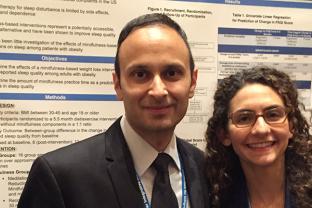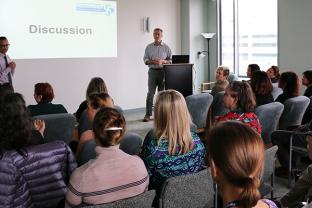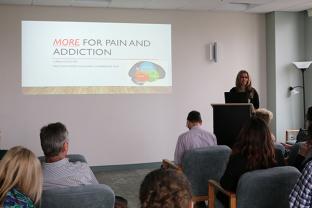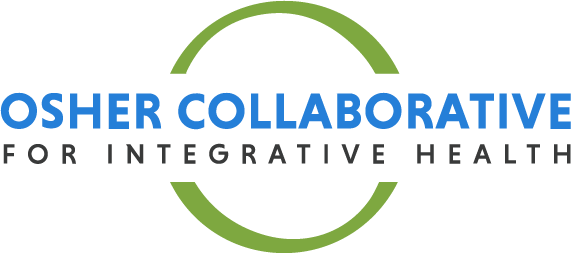Research Resources

The Osher Center for Integrative Medicine is one of the leading centers in the world for research on integrative medicine. Much of our research focuses on the effects of mind-body health approaches, including meditation, acupuncture, and yoga. Non-pharmacologic approaches for pain and symptom management are an important priority, and integrative oncology is an emerging focus. We also test the ability of integrative medicine to improve health for medically underserved populations.
Our research group conducts rigorous scientific investigations of treatments that address multiple aspects of patients’ health and wellness — biological, psychological, social, and spiritual. We seek to improve our understanding of how treatments work, and how well they work. Through this research, we aim to strengthen the base of scientific evidence about integrative medicine and advance the inclusion of effective approaches in medical care. Core aims of the research program are:
- To test the effectiveness and safety of integrative medicine approaches. We focus on issues for which conventional pharmacological or surgical treatments have significant limitations, such as pain, mood regulation, stress management, and obesity.
- To determine how integrative medicine treatments work — understanding their mechanisms of action — and how treatment effectiveness can be optimized.
- To assess how to best use technological, behavioral, and integrative medicine tools to achieve healthy lifestyles.
Developing the next generation of researchers is a high priority of our program. We have a highly successful pre- and postdoctoral fellowship program that prepares physicians and PhDs for research careers in integrative medicine.
Through innovation and good science, we do research that improves health care and advances discovery.
Explore Our Research Program

Enroll in Research Studies
Learn about our current research and how you can participate in advancing the field of integrative medicine.

Apply for a Fellowship
Our pre- and postdoctoral fellowship program trains scientists, physicians, and other qualified health professionals to become innovative, independent investigators and scholars in integrative medicine research.

Attend Research Lectures
Researchers interested in integrative medicine are invited to attend our bimonthly research lectures.

Attend Grand Rounds
Our monthly Integrative Medicine Grand Rounds series is open to all UCSF faculty and staff, as wells as the broader health professional community. CME/CEU credit is available.

